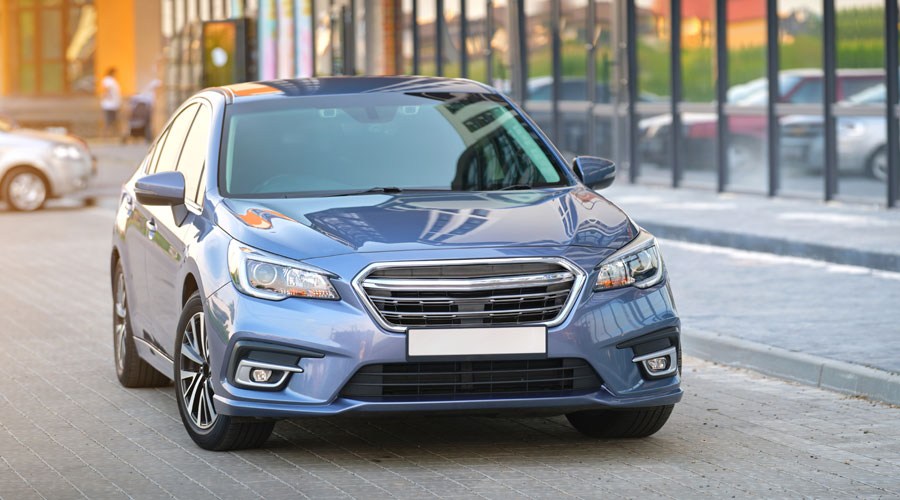If you’ve ever wondered why your auto insurance premium differs from what your family and friends pay, it’s because auto insurance policies are not one-size-fits-all. Factors like your driving history, how often you drive and where you live can all affect the cost of your auto policy. Below are some main factors that can impact your auto insurance premium.
Your Personal Information and Driving History
Personal information such as your age, gender, marital status and whether or not you own a home can all play a part in auto insurance costs:
- Driving record and credit history—Your driving record and credit history are two of the most significant factors insurers consider when determining your premium. Safe drivers with good credit tend to pay less for auto insurance premiums. While any accidents or infractions in your driving history will cause an increase in your premium, the effects of past incidents will gradually decrease over time.
- Age—Individuals under 25 have a higher risk for accidents and driving infractions than older drivers, which can lead to higher insurance rates.
- Gender—Your gender can also contribute to the cost of your car insurance premium. Statistically, single men under the age of 25 have a greater risk of being involved in accidents and driving infractions than their female counterparts.
- Marital status—Being married or owning a home shows a sense of responsibility and stability. This status can lead insurers to believe you are more likely to be a cautious driver and not skip any payments, resulting in lower rates on your auto insurance premium.
Your Vehicle
There are a few factors about your vehicle that may affect your premium costs:
- Safety ratings—The National Highway Traffic Safety Administration tests and rates new vehicle models on safety performance and crash test safety results every year. If your vehicle has a below-average safety rating, you will likely have to pay more for your premium.
- Cost for maintenance and repairs—Vehicles seen as unreliable or expensive to repair and maintain tend to have higher premium rates.
- Make and model—Vehicles described as dangerous or luxurious often have higher auto insurance premiums, as they are more susceptible to theft, damage and occupant injury. If your vehicle is at higher risk of vandalism and theft, installing an anti-theft device or tracker can lower your premium. Although it’s an initial expense, it could save you more money in the long run.
Location
Whether you live in an urban or rural area can make a huge difference in your auto insurance costs. Typically, living in more urban areas will increase your premium since locations that are more densely populated tend to have greater instances of theft, vandalism, and car crashes.
Where you park or store your vehicle can also affect your premium. Vehicles parked in garages are at a lower risk of damage and theft than those parked on the street.
Your Policy
How you and your broker craft your insurance policy determines your premium costs. The following are policy items that have the most significant impact on the amount you pay:
- Limit: Your policy limit is the maximum amount your insurance will pay in case of a covered incident.
- Deductible: Your deductible is the amount you pay for your insurance coverage to kick in and help cover a loss, damage, or medical expense.
- Additional coverage: You may add extra coverage to your auto policy that is not required by your province. This increase in coverage will result in a higher premium cost.
Ways to Save
Being a good student or safe driver, bundling your auto policy with other forms of insurance or having a clean driving record are all ways that you may receive discounts to lower your auto insurance premium. Although every insurance company’s discounts vary, most offer those incentives for their customers.
To learn more about car insurance or if you have any questions about your auto insurance premium, contact CMB Insurance at 780.424.2727

